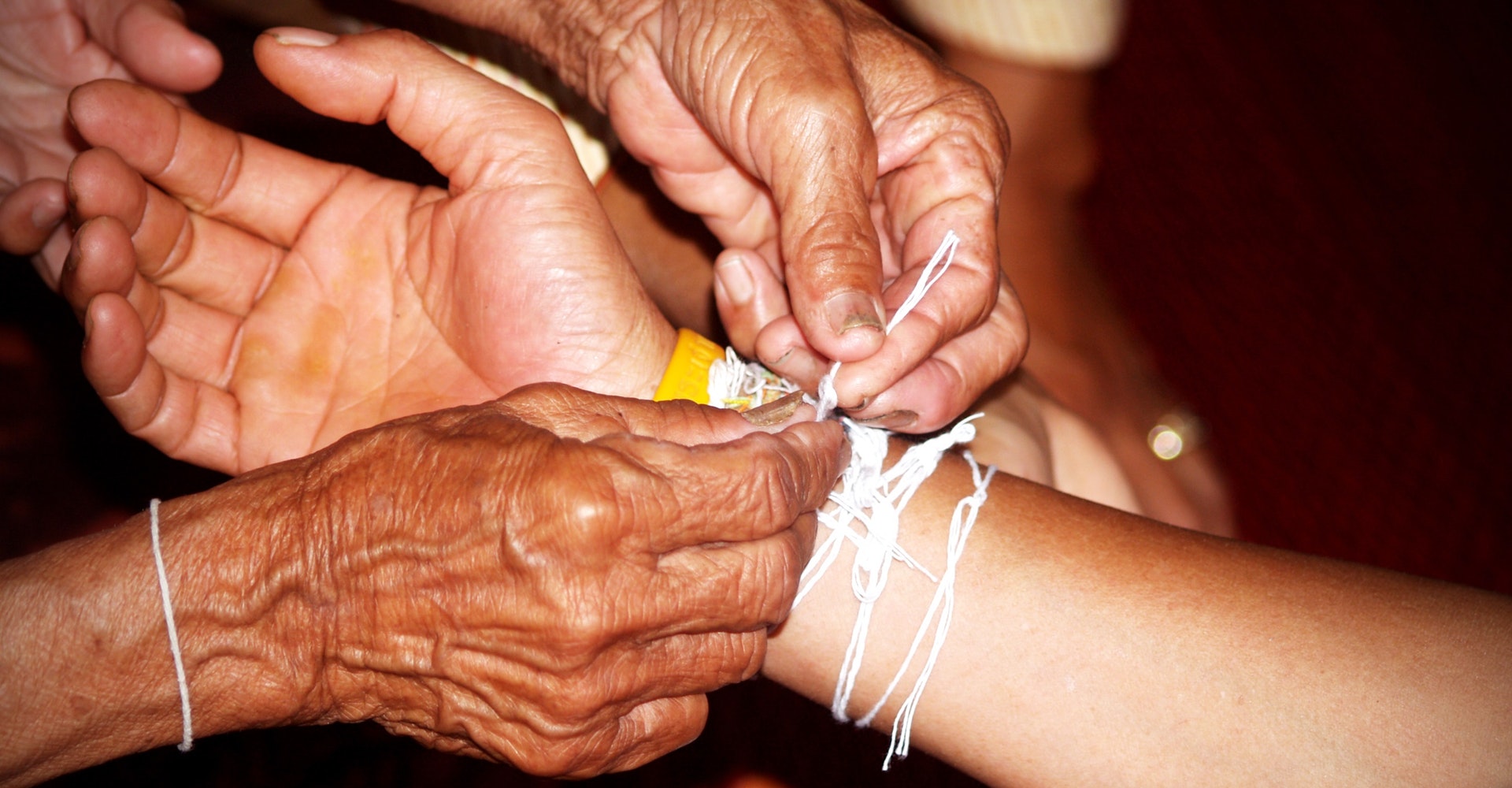Your loved one is in recovery, but you have an important part to play.
Addiction recovery is never easy. Not for the person fighting back their addiction, and not for the family members who support them. But how can families support those in recovery?
We’ve got a few ideas, and we’ve also got a few resources. But no matter what we might say here, please know that our tips aren’t ironclad. Careful support for your loved one in recovery will look different for a thousand reasons. That’s why we give more principles than actions.
Three Tips:
Connect to Others
The worst thing you can do for yourself and for your loved one is to isolate yourself. Watching your loved one undertake recovery can take a toll on you, both through loving worry and sheer empathy. But you’re not alone in feeling those things. Others are also going through it, and they’ll likely appreciate meeting for their own support.
And connection may not just be with people in your same situation. Reach out to your own family and friends and let them know what you’re feeling. If they’re true to you, they’ll support you as anything but a burden. Your loved one will have a support system for their addiction recovery, and so should you.
Weigh Your Past
One essential part of going forward is first looking back. If your loved one is in recovery, maybe you both ought to consider how your relationship has been so far. Are there things in your past that you both regret? Did you disagree or fight with one another?
Whatever conversations you and your loved one have will likely feel uncomfortable. There’s not an easy way to have them. Many addiction treatment programs include family therapy and re-evaluating family relationships. Learning where you’ve been helps you move forward in your recovery. And there’s a place for family members to step up in that.
Choose Your Future
Here’s the second step of weighing your past: how will you love your family member in the future? Recovery is a new beginning, for you and for your loved one. You both have the chance to work out a healthy, supportive relationship for the future.
What does that relationship look like? Only you and your loved one can know. Take recommendations from other family members and from counselors, but always remember to discern and choose the actions that’ll actually serve you both. That could mean:
- setting boundaries so you don’t enable addictive behavior
- aligning yourself to your loved one’s recovery goals
- keeping them accountable to those goals
This part comes from your honest conversations with your loved one. There will likely be actions we haven’t listed here, and that’s alright.
Where Can You Look?
Recovery communities have grown to include family members just like you. You can look to Al-Anon, SMART Recovery Family & Friends, Nar-Anon, and other places for family support.
We at In The Rooms have resources ready for you: online and in-person meetings for family members, content on how to talk about a loved one’s addiction and content on how to respond. Sign up today for unlimited access to the ways we can serve you and your loved one!







1 Comment
Why do I not see ACA meetings listed here? Their website sent me here. Am I just missing it?
Thank you.